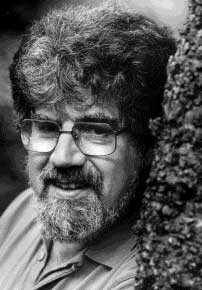I’ve been messing around with this post, on and off, for a week. I read two science fiction novels in the past week, mostly on planes to and from Brisbane.
On the way to Brisbane I finished Scott Westerfeld’s The Risen Empire, which gets my nod for the most overlooked space opera of the past handful of years. This is the genuine article: panoramic widescreen romantic space adventure with galactic empires, spaceships that can destroy worlds, and fantastic heroes equal to the peril of the hour. It’s also got the whole updated science thing, is wonderfully written, has great characters, and some nifty techy bits. While Westerfeld has headed off to the greener pastures of young adult fiction, lovers of space opera should make a point of picking this one up.
On the way home from Brisbane I read John Scalzi’s Old Man’s War. This one’s up for the Hugo and Scalzi has been touted as being the new Heinlein, which hardly seems fair to anyone. It’s an enormously readable book, a light military space adventure in the mould of mid-period Heinlein or even something like Ender’s Game. Scalzi avoids too much emphasis on the tech side of military adventures, focussing instead on his characters and colourful background. I don’t know that I’d necessarily give this one a Hugo, but it’s a very entertaining first novel. If you’re a member of LAConIV you can download and read Old Man’s War from John’s website.


 There are two awards that carry the name of my late friend, Peter McNamara. The first, the Peter McNamara Convenor’s Award for Excellence is presented annually by the administrators of the
There are two awards that carry the name of my late friend, Peter McNamara. The first, the Peter McNamara Convenor’s Award for Excellence is presented annually by the administrators of the